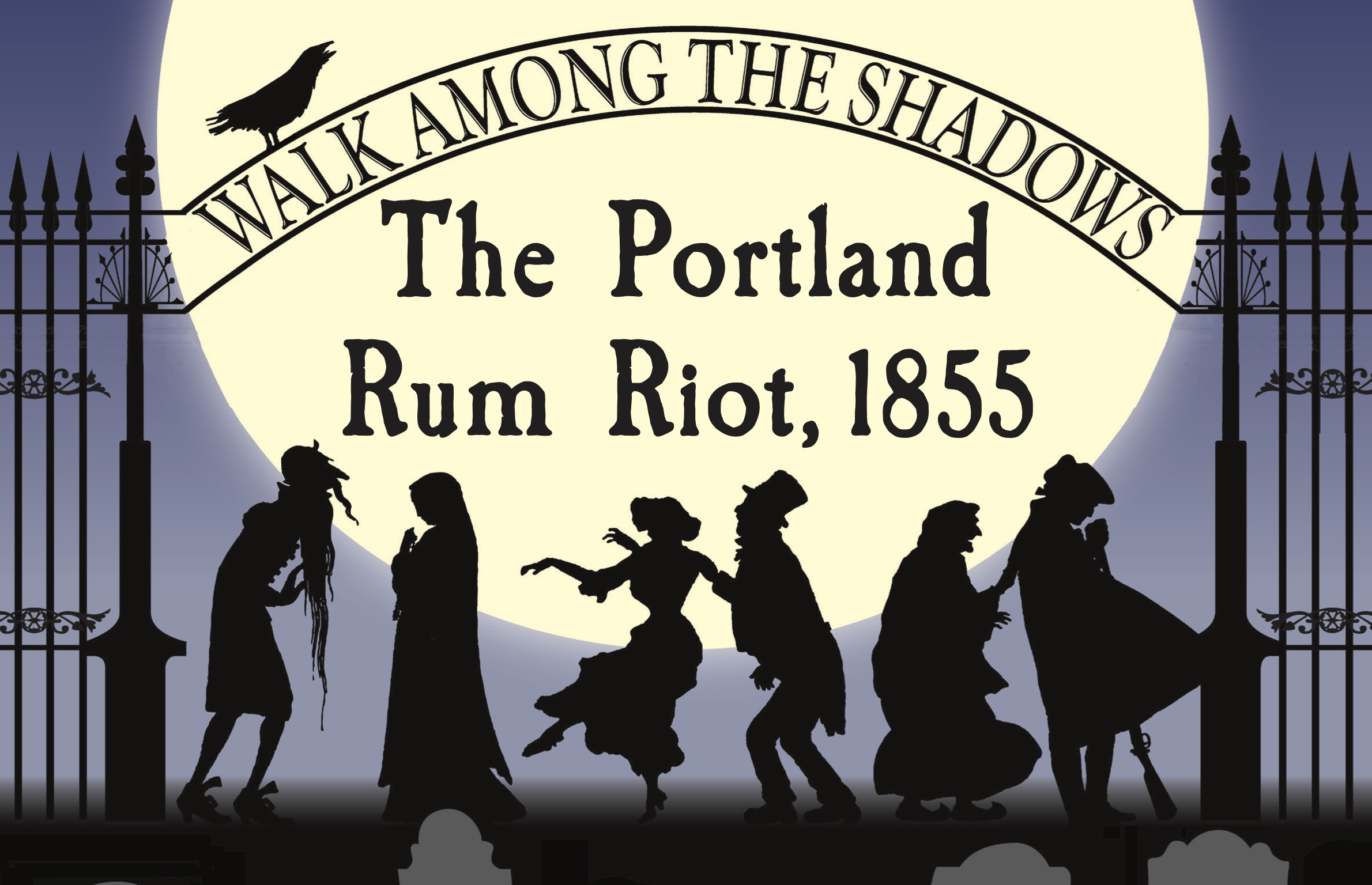Walk Among the Shadows - The Portland Rum Riot 1855: Prohibition, Politics, & Protest in Maine

Thank you so much for your support of Spirits Alive. We look forward to seeing you inside the gates next year!
The Story
In 1851, Maine became the first “dry state” in the nation. The passing of Maine’s Prohibition law was accomplished through the tireless efforts of Neal Dow: the teetotaling, temperance crusading, abolitionist, anti-immigrant Mayor of Portland.
But four years later, his work was undone.
The “Maine Law” was a major victory for Dow and the temperance movement until a fatal mistake: Dow’s pride and the anger of Portland’s working class (mostly Irish and German) exploded into a riot ending in one death, several injuries, and the end of Dow’s political career.
Hear from Irish tavern keepers, bootleggers, temperance supporters, suffering wives, newsmen, satirists, friends, enemies, and Mayor Dow himself:
- John Neal was an American writer, critic, editor, lecturer, activist, Dow’s cousin, and enemy.
- James Bradley, age 31, was an Irish businessman and liquor seller who spent years fighting with Neal Dow over Prohibition.
- Jane Hudson, age 19, was the fiance of John Robbins who was shot dead by the Portland Rifle Guards during the riot.
- Leonard Gill, age 25, was a private in the Portland Militia. The Militia and the Rifle Guards were present the day Mayor Dow ordered them to fire on the crowd.
- Caroline Swett, in 1849, busted up a saloon when the owner wouldn’t stop serving liquor to her husband. She was defended by Neal Dow.
- Kitty Kentuck was a middle-aged Irish rum seller and brothel owner.
- Neal Dow was the Temperance Mayor of Portland in 1855. He was the architect of the “Maine Law,” which introduced Prohibition to the state of Maine.
- Dan Rice was the most famous performer/comedian/satirist in the nation of the time. He will sing a song about the riot to the tune of “Old Dan Tucker.”